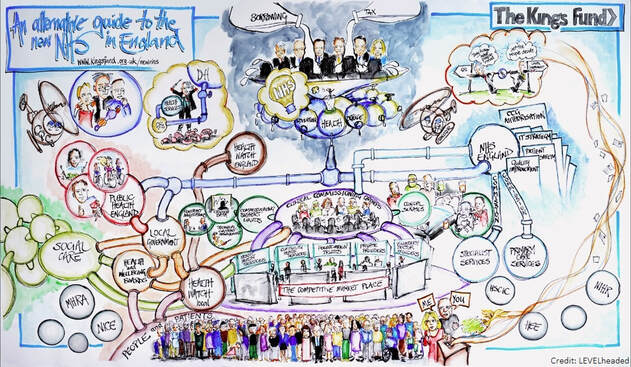|
Understanding complexity and then applying that to dealing with people is critical to true service and systems design in our health services and ICS. Interesting to read this article in the guardian that the issues with the NHS are not just about ‘fixing people’ when they are unwell. But that loneliness has a large impact on people well-being, demonstrated in the figures for 50% less life expectancy to those that are lonely.
Analysis When I did some work in the NHS, and we looked at the demand into hospitals and also helping people in the community - going to the GP, or after they have left the hospital. Something about what we were learning about the demand seemed to need further analysis. It is easy to treat different types of demand as common categories - broken leg, diabetes, etc. But when we looked at the time taken to help people get back to a normal life, there was great variation in the resources and time used with the same category. Complexity We discovered that certain people absorbed far more resources, visit their GP, or were admitted to hospital far more than others. These people often had a level of complexity to their situation that was not obviously identified when looking at their records. When we analysed a cohort of patients it was obvious to attribute age to the cause of increasing complexity. But looking at each person in detail we discovered the causes were various. And what was the highest cause of complexity? Loneliness. It surprised everyone around us, that this was the result of the analysis. And how well had this health trust geared itself up to respond to this problem? Well, apart from having weekly public social gatherings, the problem was not on anyones radar as being important. What we did The continuation of this has been written up into a case study
0 Comments
Leave a Reply. |





